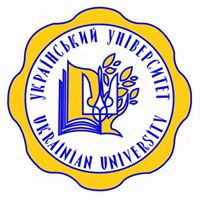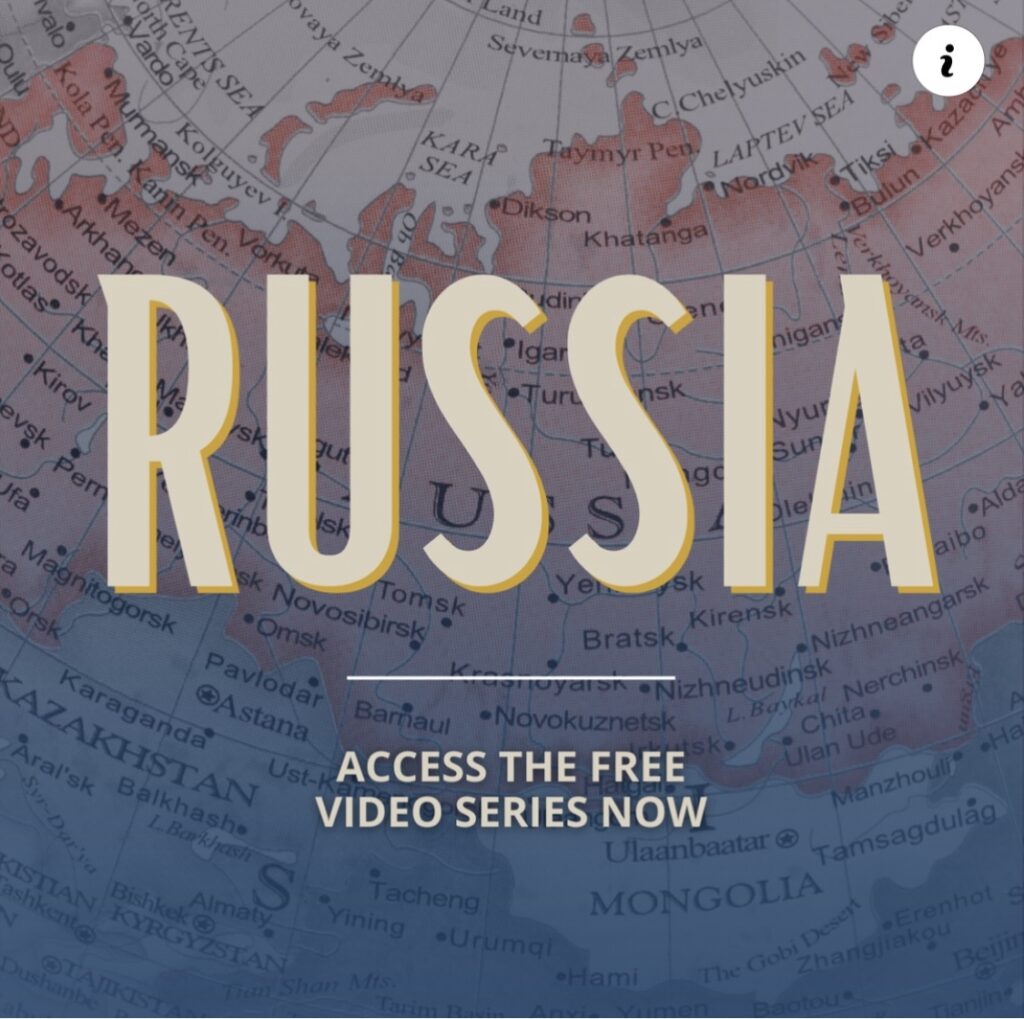
Україномовна версія: ПОГЛЯД НА РОСІЮ ІЗ ГІЛЛСДЕЙЛА – Ukrainian University Club
We are inviting you to a discussion about a free series of pro-Russian video lectures
Recently, the American Gillesdale College has been actively promoting “free access to a new video series about Russia” in the information space, so that people can “learn about Russian history, culture, politics and foreign policy.” Such a project could only be welcomed if it were not for one of its features: it is openly and fundamentally pro-Russian. Unfortunately, historians of Ukraine and Ukrainian abroad for some reason do not pay attention to him. We decided to fill this gap and invite our readers to look at this project with a critical eye and develop a serious scientific discussion about it.
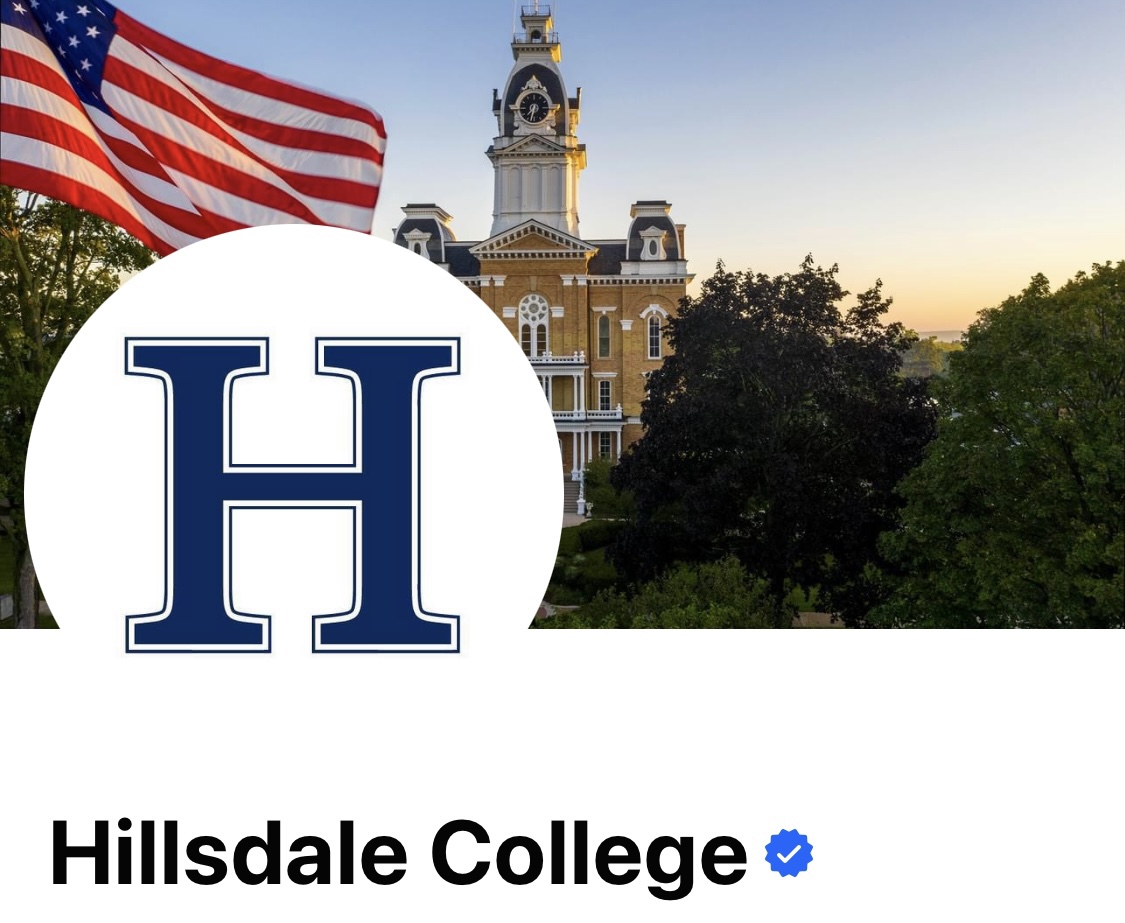
Hillsdale College, located in the American state of Michigan, is a private, conservative Christian humanitarian educational institution, founded in 1844 by members of the Free Will Baptists sect, whose curriculum was based on courses in the Great Books. US Constitution, Biology, Chemistry and Physics (see: Hillsdale College — Wikipedia). And now this college has become more active in the promotion of the Russian theme in its conservative manifestation.
“Many dismissed Russia after the fall of the Soviet Union. One might remember President Obama saying, “The Cold War’s been over for 20 years. The 1980s are now calling to ask for their foreign policy back.”
But today all eyes are back on Russia, given its current war with Ukraine and the concurrent shifting balance of power in the world.
Since Peter the Great, Russia’s place among nations has only grown. As it transformed itself from a regional backwater to a great world power, its politics and culture came to influence significant events in our own history”, Hillsdale College writes in its project presentation.
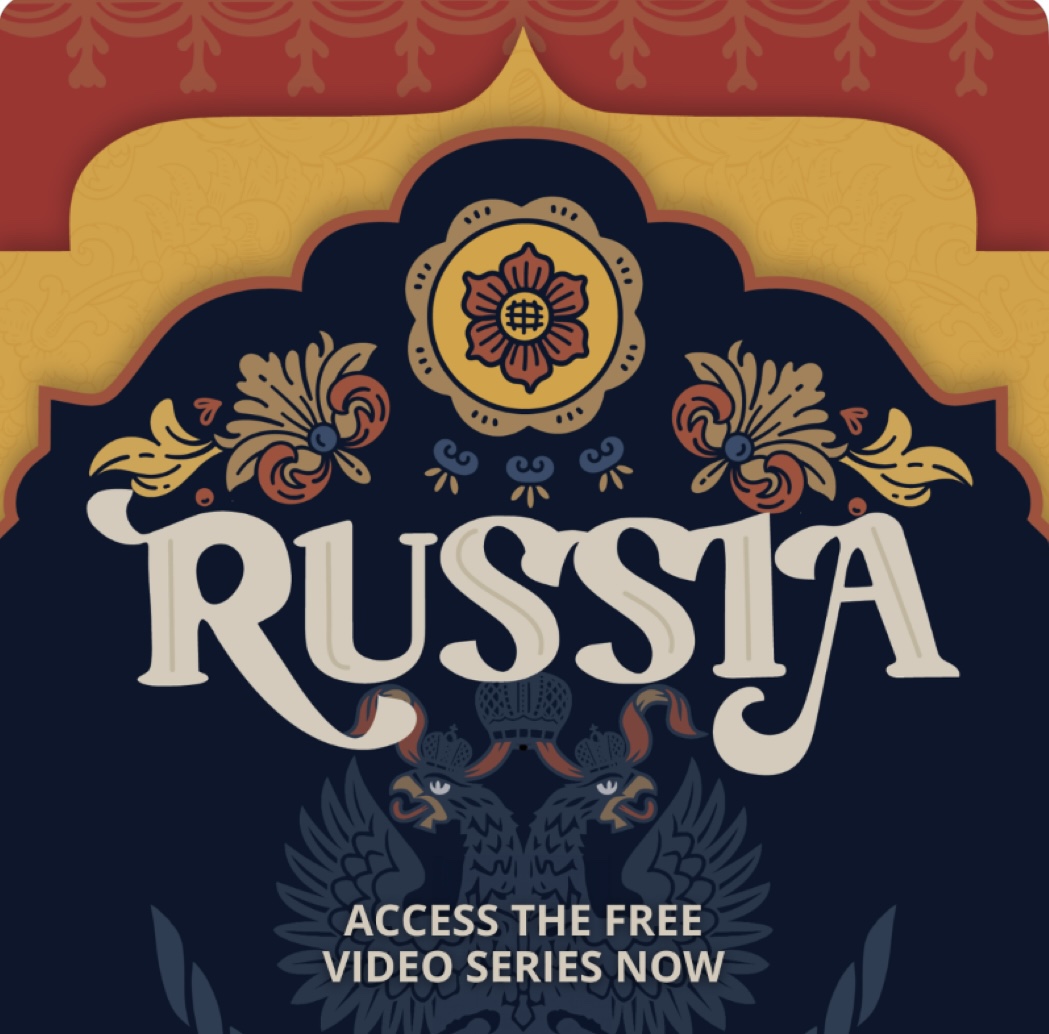
Based on his vision of “the need for a better understanding of post-Cold War Russia, in light of its current importance and its long history as a major world power,” Hillsdale created his “free online Russia video series.” This series consists of six videos taken at a conference on Russia held at Hillsdale College and aims to give us a “deeper understanding”. Here are links to these lectures:
1. The history of modern Russia from 1696 to 1917 — “Russia from 1696-1917: An Overview,” featuring historian and author Sean McMeekin
2. The beginning of the Russian Revolution through the fall of the Soviet Union — “Russia from 1917-1991: An Overview,” featuring historian and author Stephen Kotkin
3. Russian contributions to literature through writers like Tolstoy and Dostoevsky — “Tolstoy and Dostoevsky: Lessons from the Russian Classics,” featuring literature professor and writer Gary Saul Morson
4. Russian contributions to classical music through composers like Tchaikovsky and Rachmaninoff — “Tchaikovsky and Rachmaninoff: Creating a Russian Identity in Music,” featuring concert pianist Hyperion Knight
5. The ideological dimensions of Russian foreign policy under President Putin — “Russia Under Putin,” featuring political philosophy professor Michael Millerman
6. The causes and complications of the Ukraine War — “Russia and American Foreign Policy Today,” featuring journalist and author Christopher Caldwell
We are inviting visitors to our site to watch this video series and send us feedback in the form of reviews and conceptual articles to debunk the Russian historical myth in general and the pro-Russian position and propagandistic character of the Hillsdale College lecture series. We will gladly publish your texts on our site.
On this occasion, we caution that our publication is not intended to popularize this informative series of videos among citizens of the United States, Ukraine or other countries, as requested by Hillsdale College.
We are open to cooperation with any institution of any country in the world in general, and with Hillsdale College in particular, with only one goal — debunking the Russian historical myth and establishing a new scientifically based approach to the objective coverage of the history of Russia.
It’s great, of course, that Hillsdale “does all of its work by refusing to accept a single penny of government funding—even indirectly through federal or state student grants or loans,” so that independence frees it “from significant burdensome and corrupt federal regulation.” It’s just a pity that independence from one’s American state strangely turns into propaganda of the Russian historical myth and thus into involuntary dependence on the state, which today poses a direct threat not only to Ukraine, Europe, but to peace in the whole world.
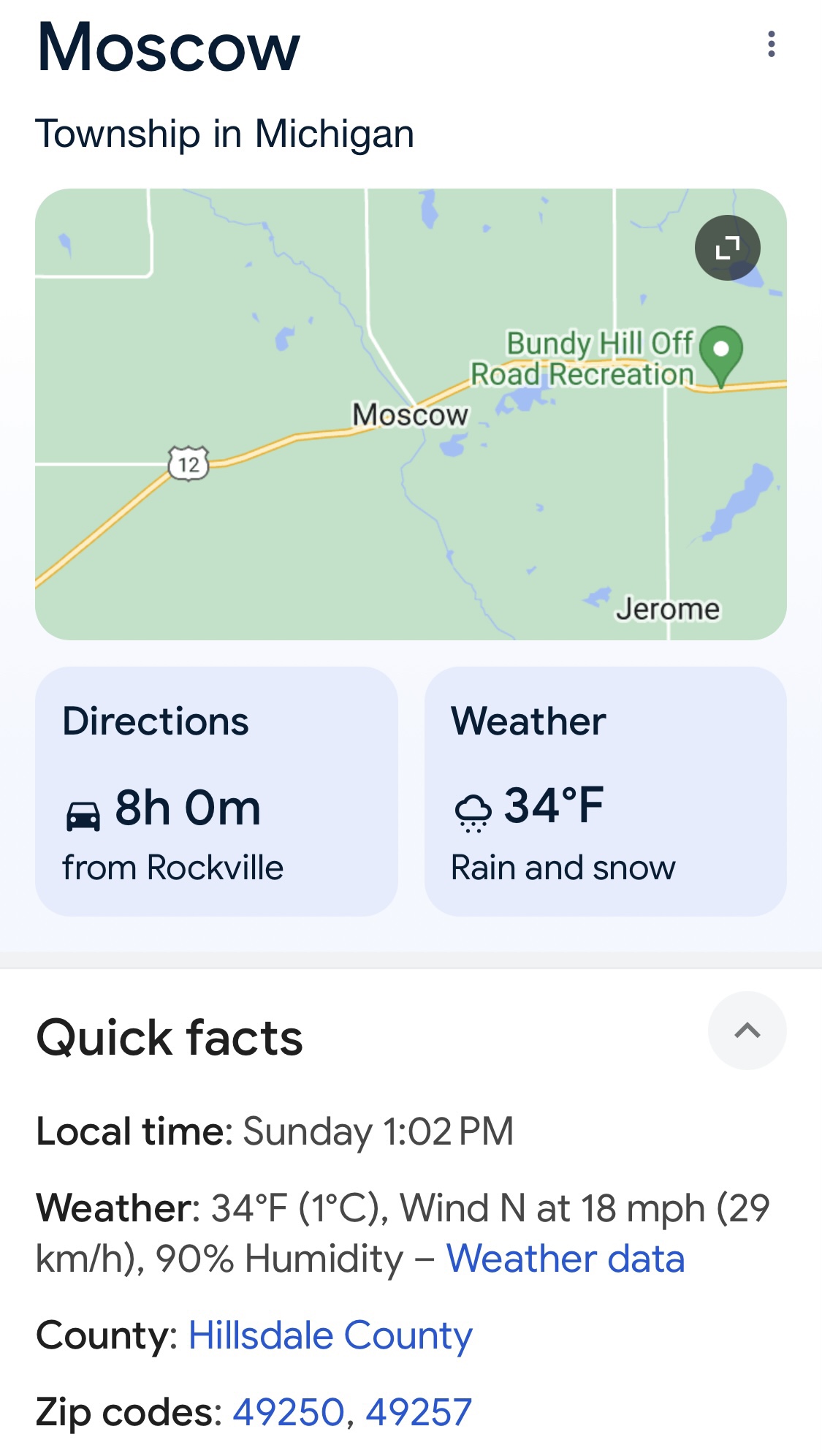
Not directly related to Hillsdale College, but a telling trifle: not far from the college, in the same county of the state of Michigan, there is a town with the telling name — Moscow.
